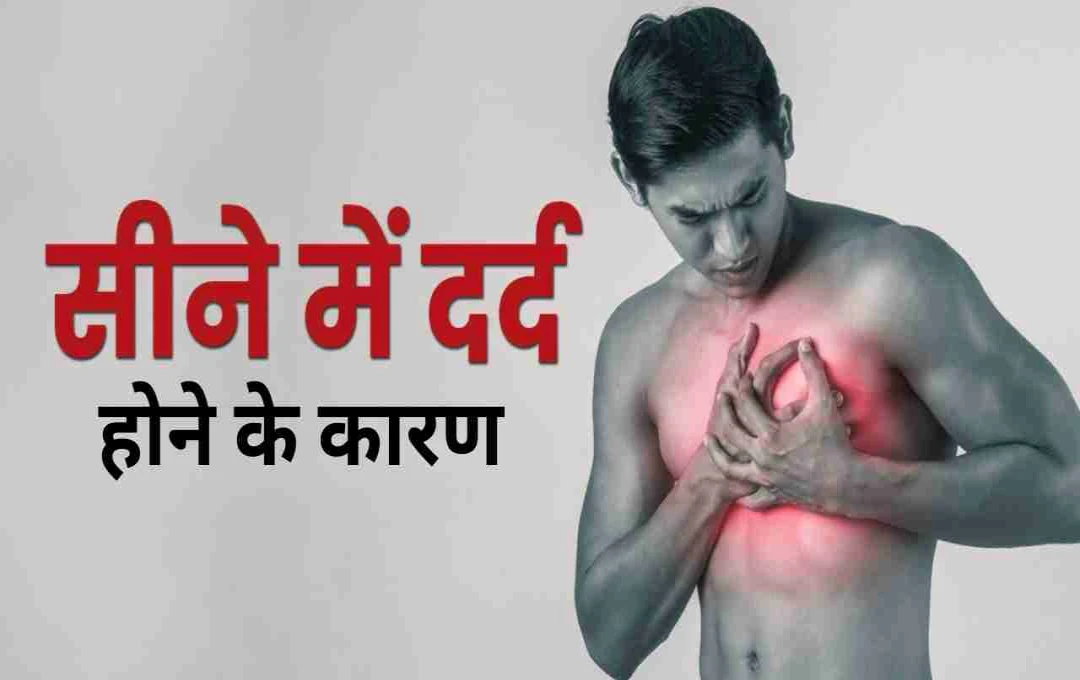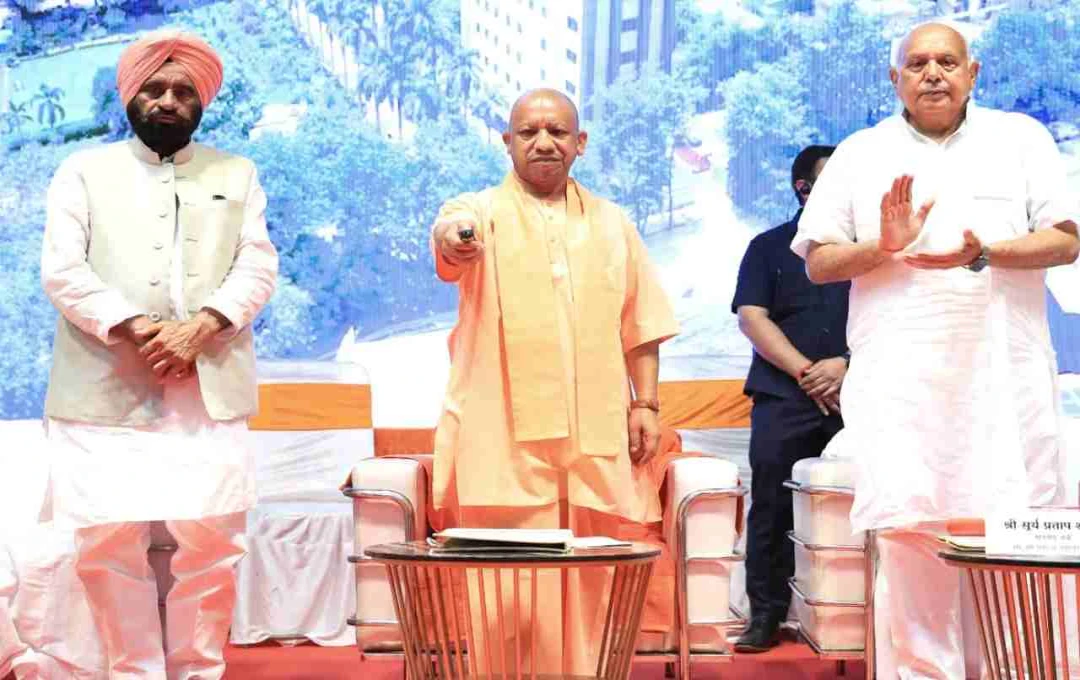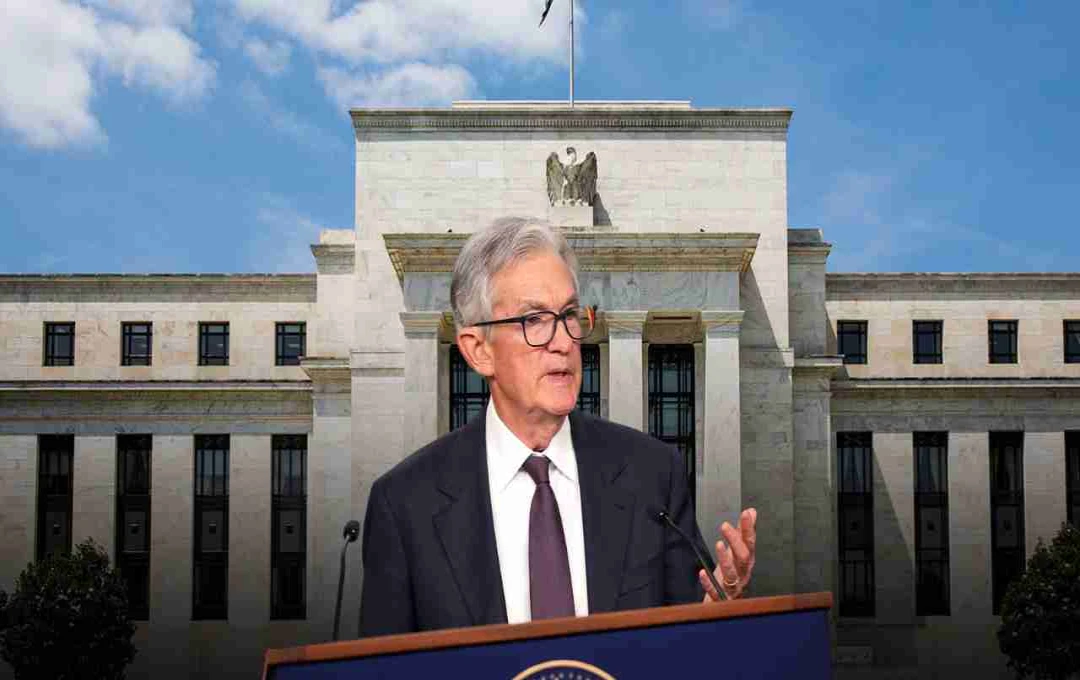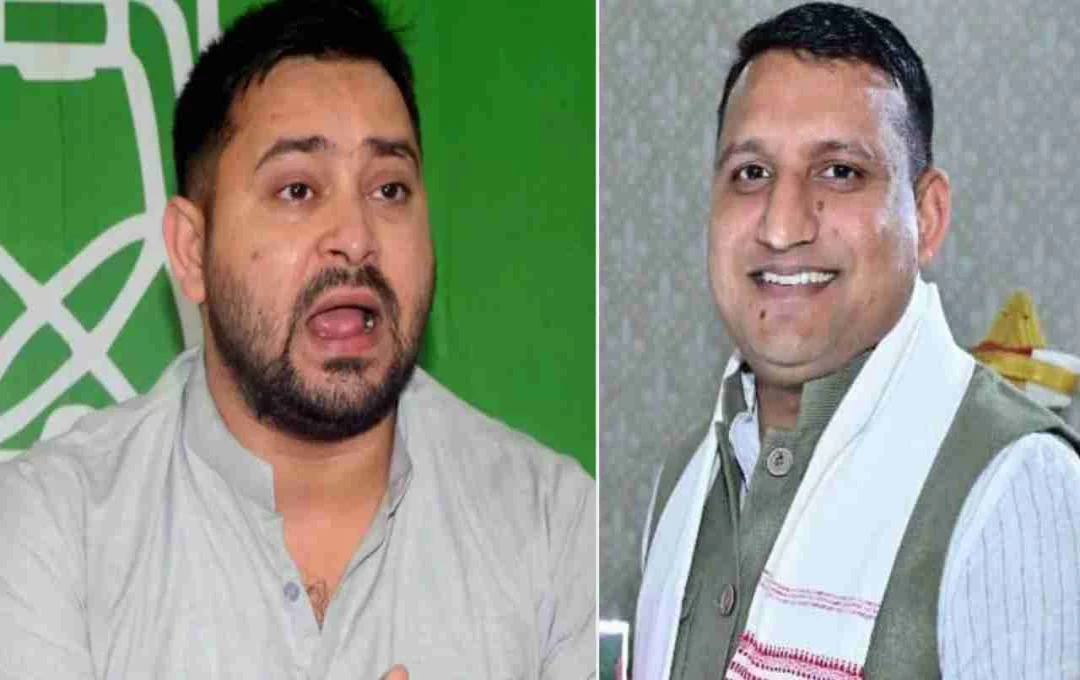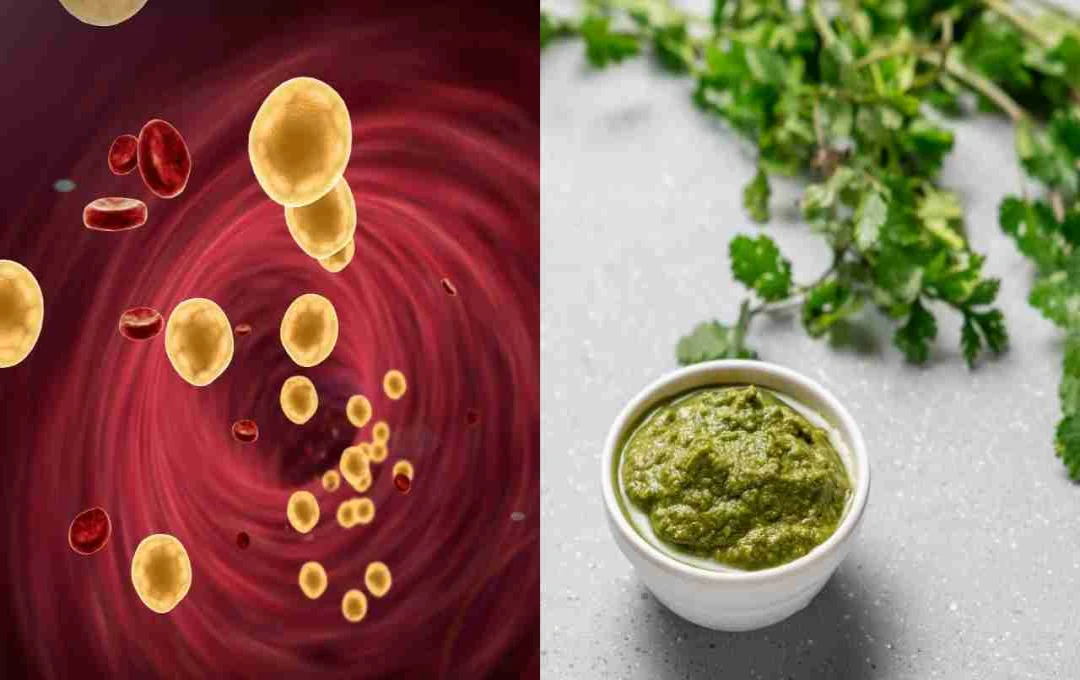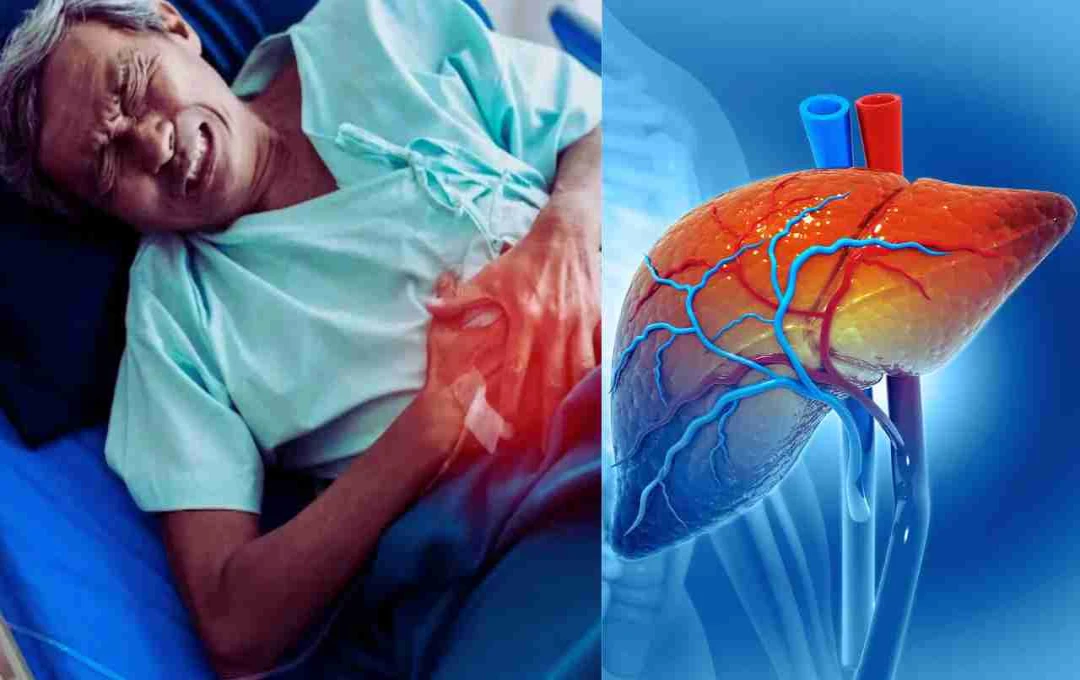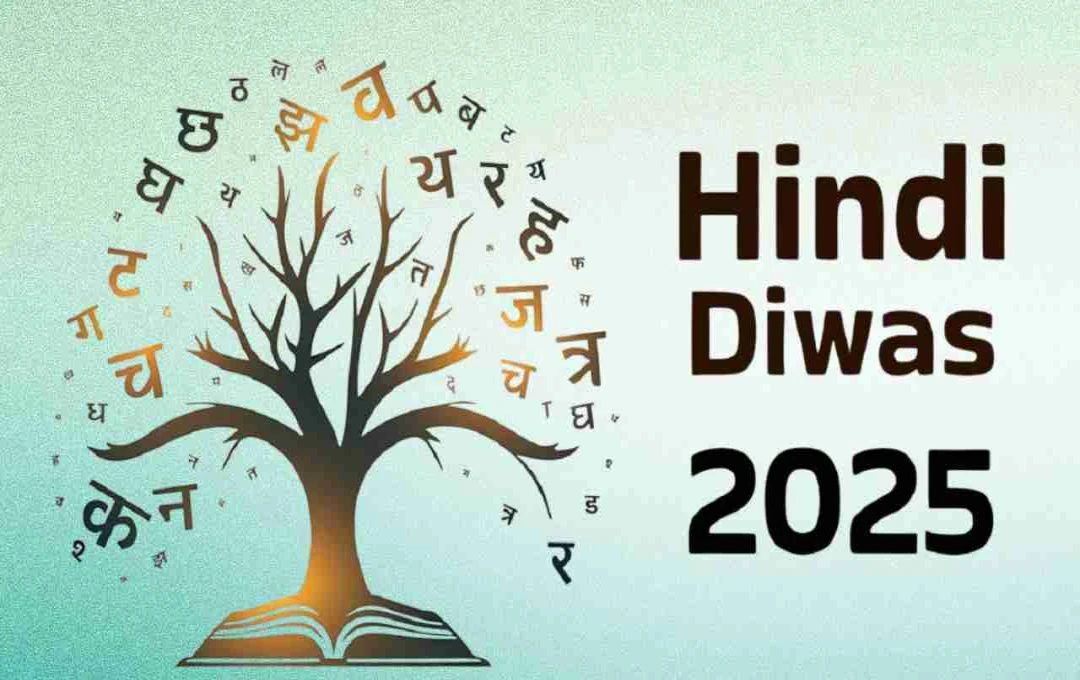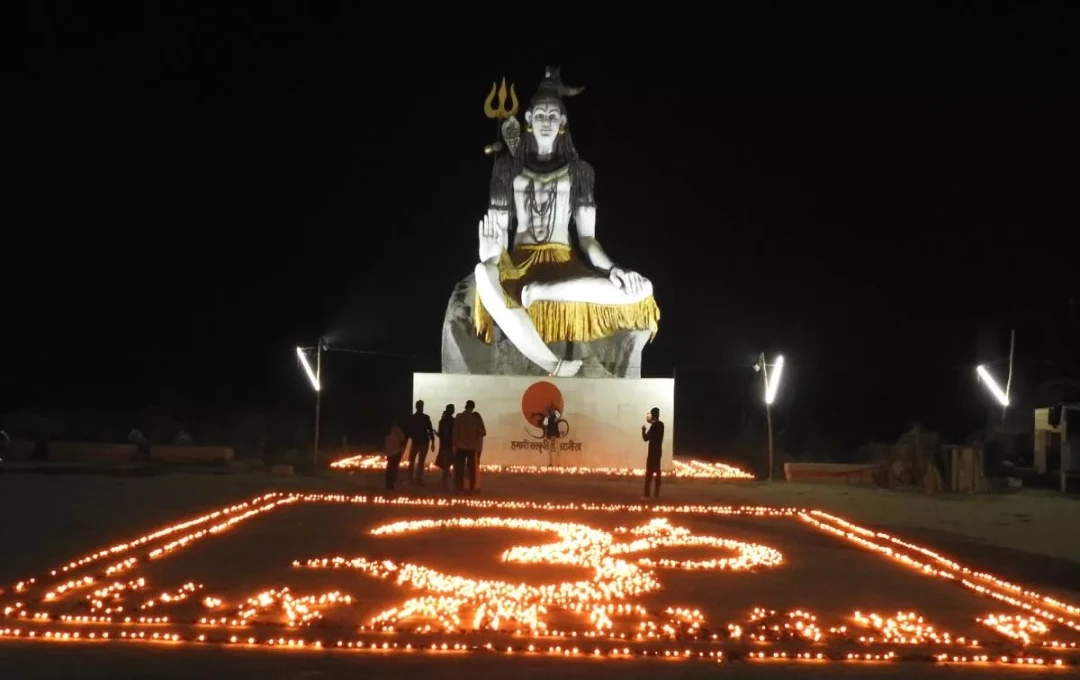Chest pain is often mistaken for a heart attack, but it's not always the heart that's the cause. It's a complex symptom that can indicate problems related to various parts of the body – such as the heart, lungs, muscles, or even mental health. Therefore, it can be dangerous to take this pain lightly.
Heart-Related Causes: When the Heart Sends Signals
The most serious cause of chest pain is heart-related problems. If the pain feels like heaviness, pressure, or tightness, and spreads to the left arm, jaw, neck, or back, it could be a sign of heart disease.
Possible Conditions:
- Coronary Artery Disease
- Heart Attack
- Angina
- Myocarditis (inflammation of the heart muscle)
Symptoms:
- Sweating
- Dizziness or nausea
- Shortness of breath
- Restlessness and anxiety
Problems Related to the Digestive System: When the Stomach Becomes the Cause
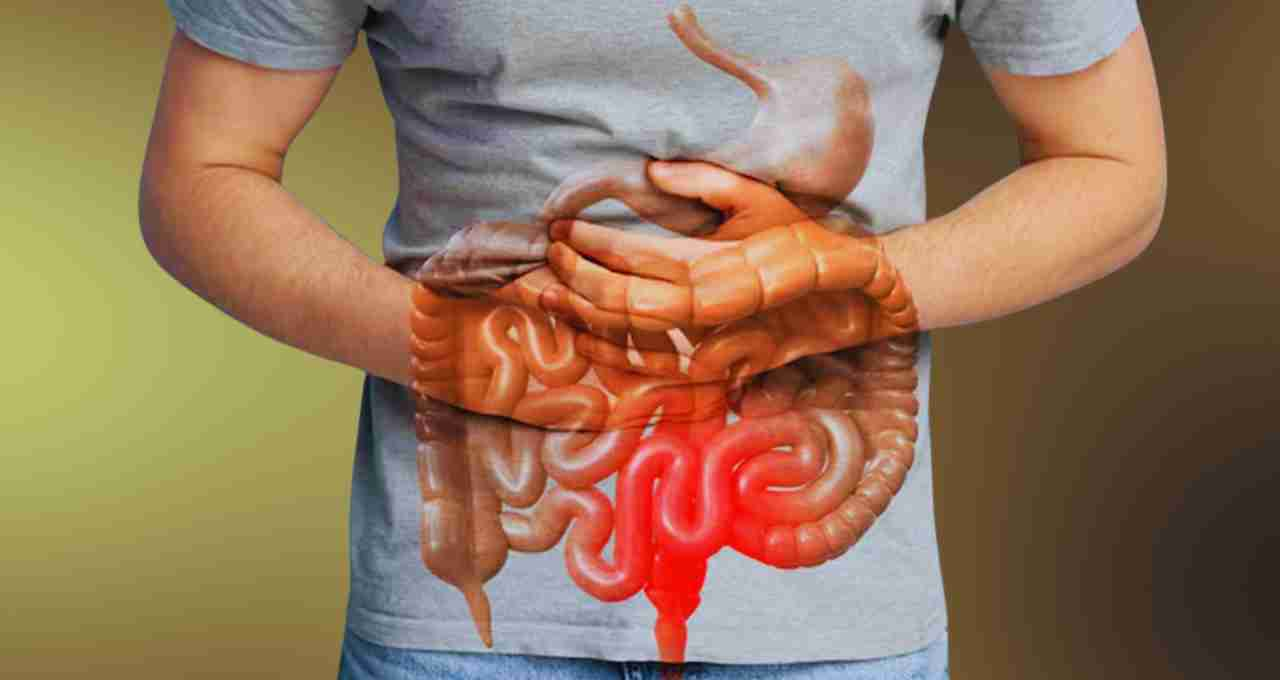
Problems like gas, acidity, or acid reflux can also cause chest pain. This pain often occurs after eating and worsens when lying down.
Possible Conditions:
- Gastric Acid Reflux
- Peptic Ulcers
- Excessive Gas Formation
Symptoms:
- Heartburn
- Sour burps
- Heaviness in the stomach
- Sour taste in the mouth
Causes Related to the Respiratory System: When Shortness of Breath Becomes the Reason
Some lung-related diseases such as pneumonia, bronchitis, or pleurisy can also cause chest pain. The pain increases especially during deep breathing or coughing.
Possible Conditions:
- Lung infection
- Asthma
- Air or water accumulation in the lungs
Symptoms:
- Severe cough
- Fever
- Difficulty breathing
Mental Health and Stress: When the Mind Also Causes Pain

In today's fast-paced life, mental stress and anxiety also manifest as physical symptoms. During a panic attack, chest tightness, rapid heartbeat, and nervousness can be felt.
Possible Conditions:
- Anxiety Disorder
- Panic Attack
- Physical stress related to depression
Symptoms:
- Restlessness
- Rapid breathing
- Cold hands and feet
- Fear and nervousness
Causes Related to Muscles or Bones: Sometimes External Organs Are Also Responsible
If you have recently lifted a heavy object or exercised, pain can also occur due to strain in the ribs or chest muscles.
Possible Conditions:
- Muscle strain
- Rib injury
- Inflammation of the bones (Costochondritis)
Symptoms:
- Changes in pain with changes in body posture
- Pain on touch
- Pain is focused on a limited area
What to Do If Sudden Chest Pain Occurs?
- Bring the person to a sitting or comfortable position
- Try to understand the type of pain – is it heaviness or burning?
- If the pain lasts more than 5 minutes or there is difficulty in breathing, call an ambulance immediately
- Do not take any medicine on your own, especially painkillers or antacids
- ECG and blood tests are necessary upon reaching the hospital, do not avoid them
Common Myths About Chest Pain
- Myth: Every time chest pain means a heart attack.
- Myth: If the pain subsides in a short time, there is no need to go to the doctor.
Chest pain can be a serious sign associated with many physical and mental causes. Never ignore it. If the pain occurs frequently or is suddenly severe, contact a doctor immediately. Timely identification and treatment can prevent major problems. Stay alert, stay healthy.
